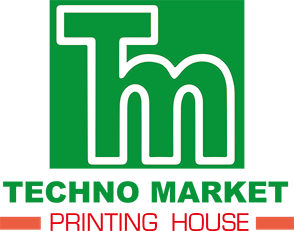The need for web designers is rising as user-friendly and intuitive designs are now a major factor in boosting conversion rates. The right tools make designing and creating websites less difficult and more efficient. Different web tools perform in the same way. Some tools are designed to specialize in specific areas, such as graphic design, coding or prototyping. Some have a broad set of features that are beneficial for both professionals and beginners.
Adobe XD is one of the best tools for web design. Other great web tools are Figma, Sketch and Canva. These are standard applications that offer a wide range of functionality that help with everything from defining workflows and design processes to prototyping visuals and layouts. They also include numerous templates that are built-in to speed up the creation process.
Framer is another well-known web-based tool. It’s a front and design development tool that lets users create responsive HTML/CSS websites starting from scratch. It gives users an adjustable UI and extensive set of features that makes it easy to use. It is compatible with a variety of mobile devices and browsers making it a good choice for designers looking for an entire web development platform.
Origami is another top web tool that focuses on micro-interactions and animations. It has a simpler interface and is lighter than other tools. However, it’s still an effective alternative for those looking for something more interactive and engaging. Finally, Google Web Designer is an excellent tool for creating responsive web layouts. It is a free web-based tool that works with JavaScript, CSS, and HTML. Although https://pipestutorial.com/what-does-synergies-in-ma-stand-for/ it has some limitations in that it is only optimized for Chrome but it is a useful tool to consider.
